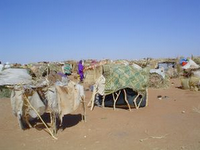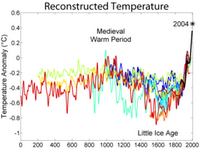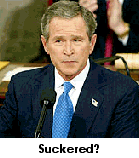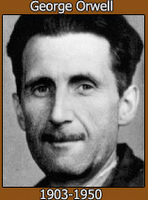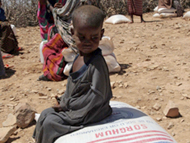A trace of sanity: Japanese say no to nukes
 At a time when the great powers ignore their responsibility under the Nuclear Non-proliferation Treaty to rid themselves of nuclear arms, and ever more nations entertain the notion of obtaining them, it is encouraging that at least one major power has apparently opted out of the madness. In a recent poll, 78 per cent of Japanese rejected the idea of their country acquiring nuclear weapons. The survey followed North Korea's first nuclear test last month.
At a time when the great powers ignore their responsibility under the Nuclear Non-proliferation Treaty to rid themselves of nuclear arms, and ever more nations entertain the notion of obtaining them, it is encouraging that at least one major power has apparently opted out of the madness. In a recent poll, 78 per cent of Japanese rejected the idea of their country acquiring nuclear weapons. The survey followed North Korea's first nuclear test last month.Japanese law currently forbids the development or possession of nuclear arms. The new Prime minister, Shinzo Abe, says he supports the policy despite misgivings about North Korea.
No doubt, once having been the target of these monstrous weapons, the only nation to be so victimized, the Japanese may be less inclined to want them around than more fortunate peoples. Nonetheless, it is encouraging to hear the voice of sanity.

